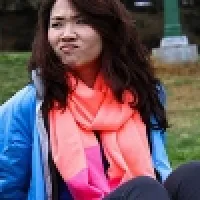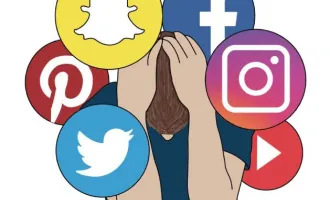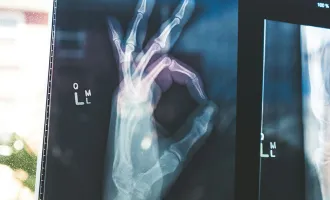All Lives Matter: A reflection on intolerance and misunderstanding this Black History Month
Last week in a quiet neighborhood near the University of North Carolina campus, three young Muslim students—one of whom was bound for dental school and all of whom were active in humanitarian efforts—were murdered over a parking space. The alleged perpetrator was a self-identified atheist whose social media feeds appeared to be filled with hostility toward Islam and other religions. Police are investigating whether this was a hate crime.
To honor these lives cut far too short, residents at SFGH organized a vigil last Thursday.
In 2014, several young black men were killed by vigilante citizens and police officers accused of using excessive force. (As part of ongoing efforts to understand what is going wrong in these confrontations, the Feb. 8 episode of “This American Life” explored the point of view of police in these situations.) After a grand jury failed to indict the officer accused of killing Eric Garner, protests and demonstrations erupted throughout the nation, including the national #WhiteCoats4BlackLives Die-In organized by UCSF students.
What do these have in common? Prejudice. Hate. Fear. At best, they lead to comments like, “Oh, he only got into UCSF because he’s black,” as shared with me by an anonymous student. At worst, beautiful lives are senselessly lost. These are not uncommon or particularly new themes, but we can do better. We have to do better.
This Black History Month, I find myself profoundly troubled by this violent bigotry that has long pervaded and continues to pervade our society, even in progressive cities and college towns like New York or Chapel Hill. At the heart of it is deeply rooted miscommunication—people don’t understand each other as human beings, and in dehumanizing someone, a life is devalued and viewed as expendable.
On Tuesday, the Office of Diversity and Outreach and the Alumni Association of UCSF honored the late Daniel A. Collins during a Black History Month celebration. Collins was the first African–American faculty member in the School of Dentistry from 1942–60 and a prominent civil rights leader. During these trying times, his life is an inspiration, a reminder that individual efforts can make a difference.
As a society, we have come a long way, but we have much more work to do. That effort has to start with each one of us. I am echoing the sentiments of many Synapse editors before me when I say that ours is a society in turmoil, and we as future health scientists and community leaders cannot isolate ourselves from events beyond our immediate professional goals.
In light of that, I’m proud to receive my training among individuals who are taking a lead on wider community issues—the student leaders who volunteer impressive amounts of time to represent UCSF students, the residents who organized the vigil last Thursday for the three Muslim students in North Carolina, and the students who organized the National Die-In in December and are working to keep the conversation going.
If every one of us takes one small step, we can move more than just mountains.
Jenny Qi
Editor, 2014-15



